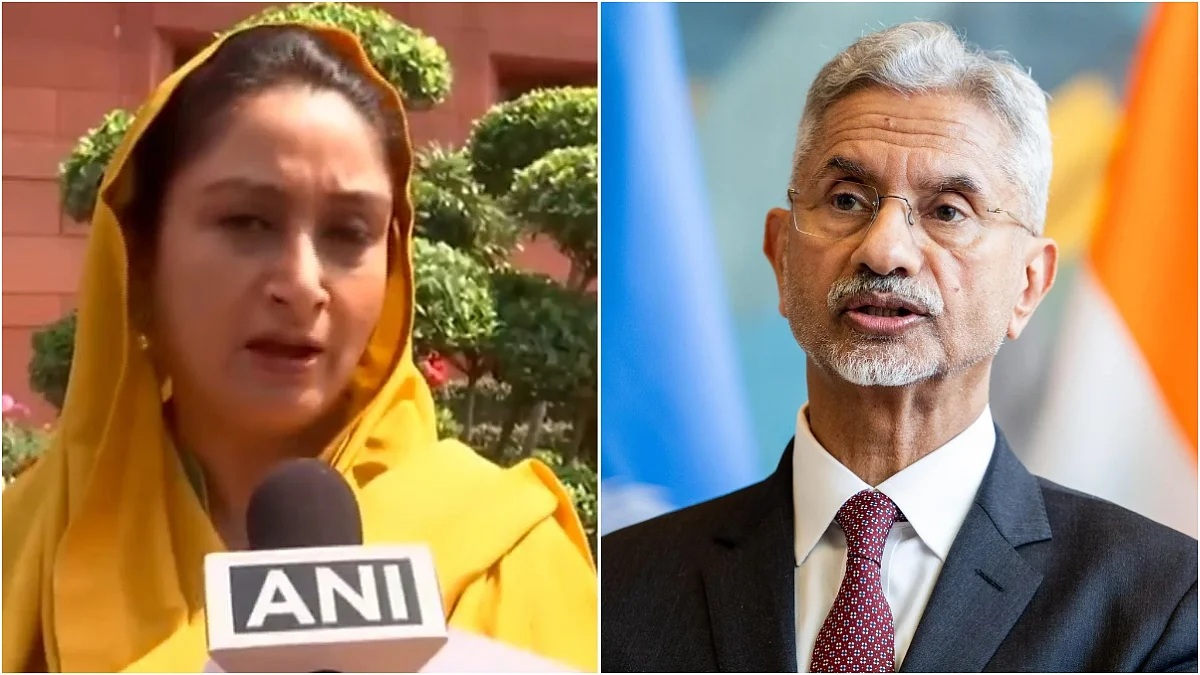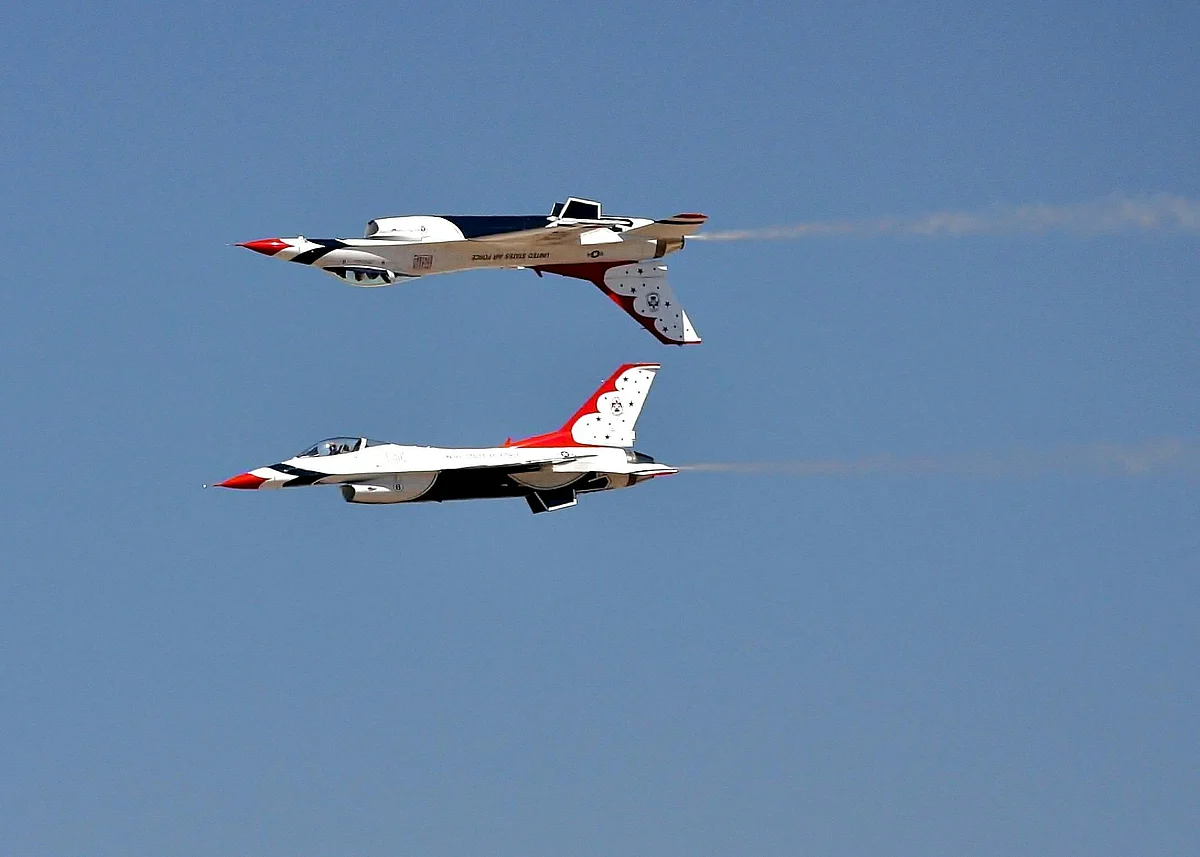If Rahul Gandhi speaks about Akhand Bharat (undivided India), then he should have started his yatra from Dhaka, Islamabad, Peshawar, Rawalpindi or Karachi. — Uttar Pradesh BJP chief Bhupendra Singh Chaudhary, at a function in Bulandshahr to mark the birthday of former Prime Minister Atal Bihari Vajpayee, Dec 25, 2022, on the Congress MP’s Bharat Jodo Yatra
The recent spike in calls for an ‘Akhand Bharat’ has left me rather puzzled, simply because it seems to mean different things to different people. A Google search for the phrase unveiled over 50 radically different maps of this ‘unbreakable’ or unified Bharat (India).
For some, it means a return to what they see as pre-Partition India, stretching from Afghanistan in the west to Bangladesh in the east. Those more ambitious stretch it from a major chunk of the Arabian Peninsula in the west to large swathes of Southeast Asia, including Myanmar, Indonesia, Malaysia, Vietnam, Laos and Cambodia in the east, and from Nepal, Bhutan and Tibet and even parts of China in the north to Sri Lanka and the Maldives in the Indian Ocean down south. (https://i.redd.it/50bj4l7u8y381.png)
For RSS chief Mohan Bhagwat, it seems to be about integrating Pakistan and Afghanistan with India. Addressing a gathering after launching a book in Sanskrit in Hyderabad in February 2021, Mr Bhagwat declared that “we consider countries like Pakistan and Afghanistan ours. Once they are with us, it does not matter what they practise or what they eat.” According to him, “when we talk about united, we don’t talk about power, it is about people. They are united through ‘sanatana dharma’, which is called Hindu dharma. It is not colonialism. India believes in Vasudhaiva Kutumbakam.” The Sanskrit phrase, which means ‘the world is one family’, is also used often by Prime Minister Narendra Modi.
For Defence Minister Rajnath Singh, it implies, among other things, the recovery of Pakistan-occupied Kashmir. “We have just begun our journey of development in Jammu & Kashmir and Ladakh. We will achieve our goal when we reach Gilgit and Baltistan, and other parts of Kashmir illegally taken from India,” Mr Singh declared at an event in Srinagar last year to celebrate Shaurya Diwas or Infantry Day, which commemorates the air landing of Indian soldiers at Budgam airstrip in Srinagar on Oct 27, 1947.
And for Rahul Gandhi, I assume, Akhand Bharat means the India as we know it stays unified and unbroken. Though “Bharat jodo” implies that the state is already broken, or breaking, and hence needs to be put together.
Many others have talked about an economic union of South Asian states, akin to the South Asian Association for Regional Cooperation, which is now dead in the water because it became a platform for India-Pakistan one-upmanship. And then, of course, there is something called the Maha-Akhand Bharat, whatever that means, being promoted by a large media group and some popular self-declared gurus and writers.
But whether the definition is geographic, political, religious, cultural, economic or something else, the fact remains that each time our leaders invoke the phrase, the military in Pakistan uses it to justify more powers for itself by invoking the fear of an imminent attack by India, and our other neighbours become uneasy and uncomfortable enough to seek support from an ever-willing Beijing.
It is certainly not my intention to deride the dreams of our leaders and a segment of our population that believes some version of Akhand Bharat is indeed possible. Stranger things have been known to happen. However, chest-thumping talk about it is clearly counterproductive, because it strengthens the narrative – often gleefully reinforced by Chinese psy ops and amplified by jingoistic social media campaigns – that ‘Big Brother” India is out to overrun its smaller neighbours.
So if Akhand Bharat, whatever its size, shape or form, is the objective, it might be prudent to act when we are ready rather than shout about it from the rooftops. Similarly, if we really are planning to retake Pakistan-occupied Kashmir as well as the portion ceded by Pakistan to China, why advertise our intentions, and give Beijing and Islamabad the luxury of advance warning?
Speaking of China, I am reminded of a long conversation I had way back in 2006 with one of India’s finest diplomats, Ambassador Arundhati Ghosh, who stood up to the U.S. and other world powers while vetoing the Nuclear Non-Proliferation Treaty. Ms Ghosh (who died in 2016) was very clear even at that time that “for us, the big thing is China, not Pakistan. Because, on the nuclear side, Sino-Pak is one unit. As far as China's nuclear policy is concerned, I do not think the Pakistanis have the wherewithal or strength to do anything against Chinese advice or without Chinese support.”
She also insisted that India did not understand power. “Economically, today we have more power, relatively, compared to what we had 10 or 20 years ago,” Ms Ghosh said. “But we do not understand it. We do not how to use it, we don't know how to project it, we are uncomfortable with it. We are more comfortable with the powerless. If you have power, you have to be able to use it, to leverage it. [But] be very clear about what it is you want.”
That was 17 years ago. Much has changed. Today, we are also a military power to reckon with, and apparently able and willing to leverage and use it.
But are we clear what it is we want?
Ramananda Sengupta is a foreign and strategic affairs analyst










